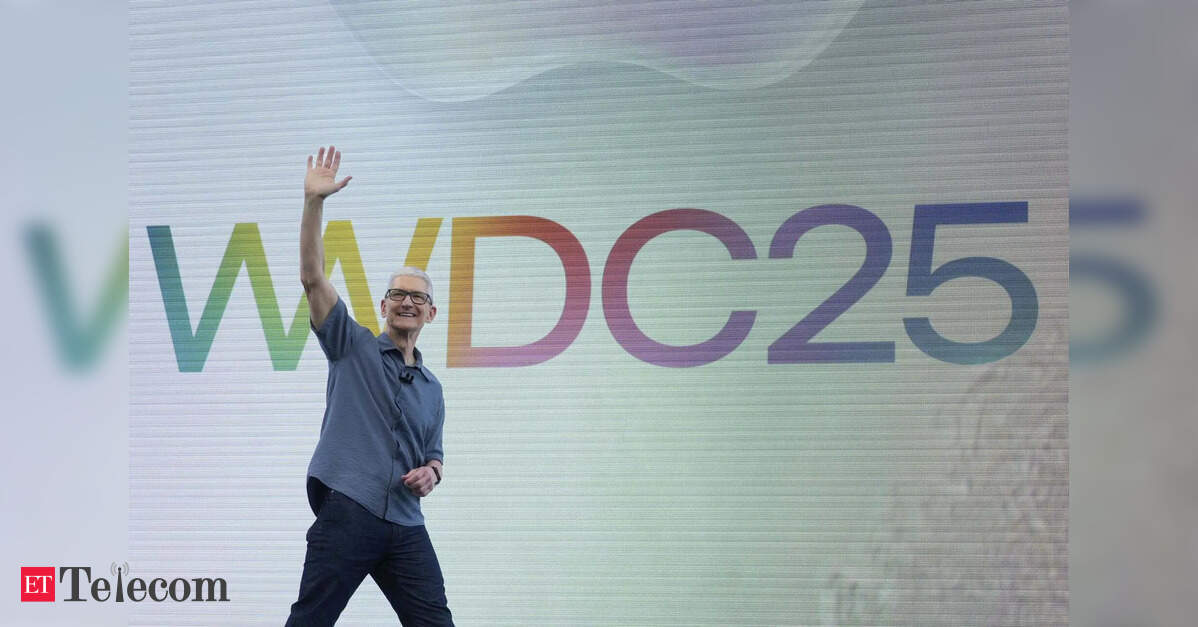Is Humanity Trading Connection for AI Comfort? A Deep Dive

Emotional dependency, a state where individuals rely heavily on others, often a partner, to fulfill their emotional needs, is a common aspect of romantic relationships. However, a growing concern emerges for those outside such commitments or individuals who rarely engage in meaningful conversations: where do they seek comfort, understanding, or simply a listening ear? This query often leads to an exploration of why many now prefer confiding in artificial intelligence over fellow human beings, a trend rooted in past disappointments and the perceived shortcomings of human interaction.
For many, the breakdown of trust in human support began early, even in high school, where teachers randomly appointed as guidance counselors were tasked with addressing students' emotional issues. A significant problem arose from these counselors' lack of proper qualifications, with some even breaching confidentiality by casually discussing sensitive matters with other teachers. This early exposure to adult untrustworthiness, often at ages as tender as 17 or less, systematically dismantled the foundation of trust in authoritative figures.
The advice to "talk to a friend" often proves equally problematic. While friends may offer a listening ear, they frequently provide validation rather than necessary truths. More significantly, a pervasive fear exists that shared vulnerabilities will eventually be disseminated, or worse, used as leverage during conflicts. The sting of betrayal, experienced when close friends weaponize intimate knowledge during a fallout, reinforces the reluctance to open up authentically.
Similarly, confiding in parents presents its own set of challenges. Many young people, particularly those from Gen Z, avoid sharing their deepest concerns due to a perceived lack of understanding from older generations. The rapid pace of technological advancement and evolving social norms create a significant generational gap, leading to divergent values and perspectives. For Gen Z, maintaining a degree of emotional independence is also a crucial means of asserting identity and control over their lives, making full disclosure feel like a threat to their autonomy.
Beyond these specific interactions, the general experience of seeking human comfort can be disheartening. Often, opening up fails to bring resolution, instead adding further emotional burden to both parties. Responses can be vague and clichéd, such as "It's going to get better" or "All will be well," which offer little genuine solace. This can lead to the strongest individuals becoming weary, withdrawing, making excuses, and eventually drifting away, causing once-strong connections to fade into silence.
Against this backdrop of human relational struggles, it is perhaps unsurprising that countries like Kenya rank among the top in AI usage. AI offers a seemingly non-judgmental, always-available confidant, free from the biases, emotional baggage, and potential for betrayal inherent in human interactions. The illusion of safety and unwavering support has drawn many to its digital embrace, seeking comfort without the complexities of human dynamics.
However, this perceived safety is rapidly dissolving. A recent confirmation from the CEO of a major AI company revealed that information shared with AI could potentially be used in court, shattering the illusion of absolute confidentiality. Every interaction with AI feeds data that might be stored, analyzed, or even compromised in a breach, turning private conversations into potential liabilities. This raises serious ethical questions about data privacy and the true cost of digital comfort.
Furthermore, AI fundamentally lacks genuine emotion. It cannot truly comprehend heartbreak, joy, or confusion because it operates solely on data and algorithms, not lived experience. While it can offer well-constructed advice or comforting responses based on patterns, it cannot grasp the subtle nuances of human emotion. It simply doesn't "get" you in the profound way another person can, limiting its capacity for true empathy and understanding.
Over-reliance on AI for emotional companionship carries significant real-world consequences. Individuals may find themselves struggling to form or maintain authentic real-life relationships, as essential skills like reading body language, interpreting social cues, and resolving conflicts begin to atrophy. While emotional validation from AI might offer fleeting satisfaction, its long-term effect could be a deepening of isolation, as the digital substitute replaces genuine human connection.
As AI continues its rapid evolution, it becomes imperative to critically reflect on the ethical and psychological implications of cultivating emotional ties with entities that lack the capacity for true feeling. In the universal quest to be heard and understood, humanity must not lose sight of the irreplaceable, profound value of genuine human connection, which remains the cornerstone of well-being and social cohesion.
You may also like...
SEC Confirms Ripple's Victory: Legal Battle Concludes as Fundraising Greenlit!

The U.S. Securities and Exchange Commission has concluded its lengthy legal battle with Ripple, issuing a critical waive...
Legal Firestorm: South Korean Ex-President's Wife Targeted in High-Stakes Arrest Warrant

South Korean investigators have secured an arrest warrant for Kim Keon Hee, the wife of jailed former President Yoon Suk...
ASEAN-Brokered Breakthrough: Thailand & Cambodia Edge Closer to Historic Border Deal

Thailand and Cambodia engaged in high-level talks in Malaysia, initiated by ASEAN, to address escalating border tensions...
Kenya's Central Bank Slashes Key Rate to 9.5%: Economic Impact Looms

Kenya's Central Bank has lowered its benchmark rate to 9.50 percent, continuing its policy to stimulate economic activit...
Is Humanity Trading Connection for AI Comfort? A Deep Dive

As individuals increasingly turn to AI for emotional support, questions arise about the erosion of human connection. Thi...
Local Tragedy: Hotel Under Construction Collapses in Edo, Claims Owner's Life

A hotel under construction in Uromi, Benin City, collapsed, tragically killing its owner, Andrew Isesere. Eyewitnesses a...
Naked Gun Remake Delivers Laughs, Neeson & Anderson's Chemistry Wows!

This season's film releases offer a diverse lineup, highlighted by the highly successful "The Naked Gun" remake, starrin...
007 Race Heats Up: New Bond Writer Revealed Amid Casting Frenzy!

The search for the next James Bond heats up with Taron Egerton expressing doubts about the role, while Callum Turner eme...



